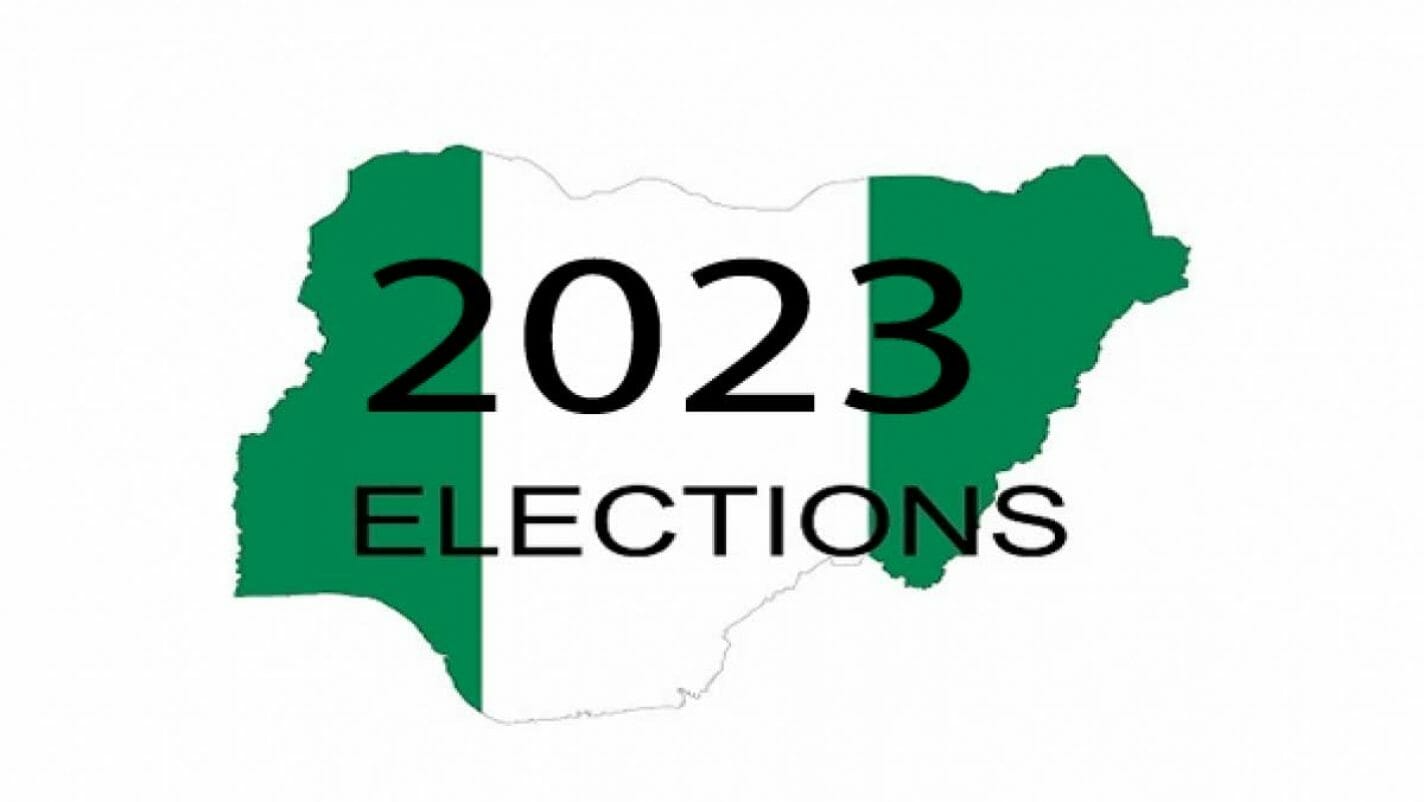
US Department of State report confirms Nigeria’s 2023 elections reflected people’s will despite widespread irregularities and challenges
The report highlights voter suppression, vote buying, violence, and intimidation during elections, alongside low participation of women and marginalized groups
A report from the US Department of State affirms that Nigeria’s 2023 general elections, despite widespread irregularities, echoed the will of its people.
Published in the 2023 Country Reports on Human Rights Practices by the Bureau of Democracy, Human Rights, and Labour, the document scrutinizes human rights practices and violations worldwide, including in Nigeria.
“National elections, though plagued by technical and logistical challenges alongside irregularities, were broadly deemed to represent voters’ intentions,” the report asserts.
Independent observers concluded that outcomes of presidential, legislative, and state-level elections mirrored voter sentiments, notwithstanding instances of voter suppression, vote buying, campaign activities at polling stations, compromised ballot secrecy, violence, and intimidation.
In the March 18 state election in Lagos, supporters of the All Progressives Congress (APC) allegedly intimidated and suppressed voters in Igbo-dominated regions, won by Labour Party presidential candidate Peter Obi in the national election on February 25.
Social media footage depicted APC supporters in Ojo menacing ethnic Igbo voters perceived to favour Obi. In Eti-Osa, APC supporters assaulted journalists and impeded non-Yoruba voters’ access to polls, with reported property damage and physical obstruction of voters in Amuwo-Odofin. Despite police presence, no intervention occurred, and no arrests or prosecutions of alleged perpetrators were documented.
The report highlights the low participation of women and marginalized groups in the electoral process. Women’s political engagement averages 6.7 percent in elected and appointed roles nationwide. Civil society organizations have noted that religious, cultural, and economic hurdles hinder women’s leadership prospects within major parties and government.
A gender-based violence survey by ElectHER NGO underscored the use of religious and cultural barriers, including double standards, blackmail, and media defamation, against female politicians.
Media outlets perpetuated stereotypes, labeling women politicians as “promiscuous” or “cunning” and, in some instances, refrained from covering their campaigns purportedly under directives from opposition figures.
Moreover, the report criticizes Nigeria’s inconsistent implementation of anti-corruption laws, citing pervasive corruption across the country, including within the judiciary.
Source: